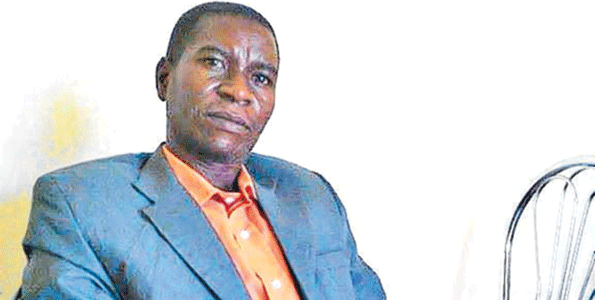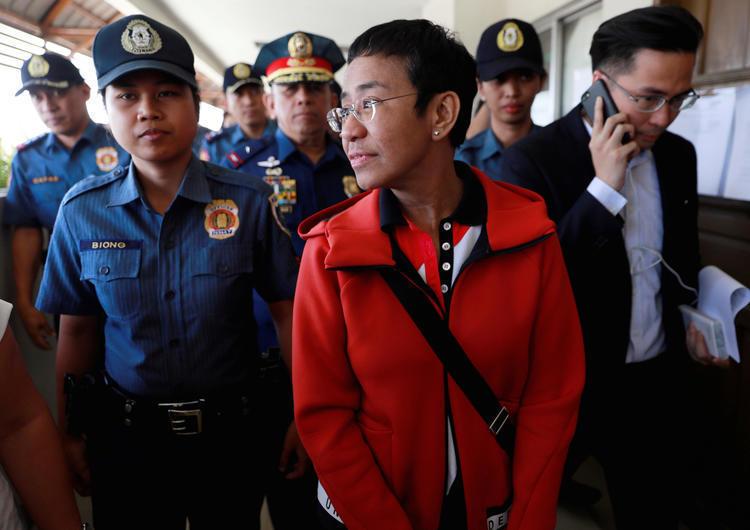The Torch is a weekly newsletter from the Committee to Protect Journalists that brings you the latest press freedom and journalist safety news from around the world. Subscribe here.
Earlier this week a CPJ mission to the Philippines, led by Board Chair Kathleen Carroll, found increasing levels of intimidation and a shrinking space for the free press in the country. A series of 11 legal cases against the news website Rappler, that appear to be politically motivated, have helped created a climate of fear, leading to greater self-censorship.
Rappler Founder and Executive Editor Maria Ressa, who was honored with CPJ’s Gwen Ifill Press Freedom Award in November, was featured this Wednesday in TIME magazine’s list of the 100 “most influential” people in 2019 for her commitment to “exposing corruption, documenting abuse and combating misinformation.”
Global press freedom updates
- Saudi Arabia detains 3 more bloggers
- Romanian investigative journalist Emilia Șercan receives death threats
- Why the prosecution of Julian Assange is troubling for press freedom
- ‘You cannot muzzle the media’: Nigerian journalists on press freedom under Buhari
- Civil case filed in US over murder of Sri Lankan journalist Lasantha Wickramatunga
- Two sentenced to death for 2018 killing of Afghan journalist Abdul Manan Arghand
- Bahraini journalist believed to be detained on false news charges
- Algeria expels AFP bureau chief Aymeric Vincenot after accreditation expires
- Cuban police detain journalist, confiscating equipment and imposing fines
- Finnish journalist Johanna Vehkoo fined for criminal defamation
- Read the latest Turkey Crackdown Chronicle, CPJ’s weekly round-up of press freedom violations in the country
- Brazilian court orders online magazine Crusoé to remove article about judge
- Journalists injured while covering protests in northwestern Iraq, Albania, and Bulgaria
- Tandav News editor Giri investigated under Nepal’s cybercrime act
- Australian journalists could be jailed for allegedly violating court’s gag order
Spotlight

Sunday will mark 17 months since independent Tanzanian journalist Azory Gwanda went missing. The Tanzanian government has failed to launch a credible investigation into his fate, and on occasion has even dismissed his case offhand. Gwanda had been investigating cases of mysterious killings in his community leading up to his disappearance.
Join CPJ in demanding answers to his whereabouts by sharing the hashtags #WhereIsAzory and #MrudisheniAzory on social media.
What we are reading
- Pulitzer Prizes reflect a violent year for journalists — Andrew McCormick, Columbia Journalism Review
- Being Tracked While Reporting in China, Where ‘There Are No Whys’ –Paul Mozur, The New York Times
- Twitter Mobs Bash Those Who Dare Challenge AMLO in Mexico Press — Cyntia Aurora Barrera Diaz and Nacha Cattan, Bloomberg
- Painting with honey, fruits and blood — Alessio Perrone, New Internationalist
- How the press emerges from the coup in Sudan — Zainab Sultan, Columbia Journalism Review
Do you have an Amazon Alexa-enabled device? Enable CPJ's flash briefing skill to stay up to date with the latest press freedom news from around the world.
